Punjab and Haryana High Court Urges Transformative Approach to Tackle Drug Menace
In a significant judgment, the Punjab and Haryana High Court has advocated for a bold, compassionate, and transformative strategy to address the escalating drug crisis, particularly in Punjab. Moving beyond the traditional punitive framework, the court emphasized the need for a more holistic response—focused on rehabilitation, education, and reintegration of drug users into society.
Justice Sandeep Moudgil, delivering the judgment, stressed that justice should not solely be about punishment, but must also ensure healing, dignity, and restoration. "The law, while enforcing accountability, must also uphold the principle of human dignity by facilitating avenues for recovery and transformation," he observed. The court called for a collaborative approach involving law enforcement, healthcare professionals, and community organizations to address the root causes of drug addiction.
Justice Moudgil stated that drug addiction should be viewed not just as a legal issue, but as a deep-seated social affliction linked to economic disparity, psychological trauma, and institutional neglect. "At its core, addiction is not simply a breach of law but a manifestation of deeper socio-economic imbalances, psychological vulnerabilities, and systemic neglect," the Bench noted.
The court expressed grave concern over the rampant smuggling of narcotic substances in Punjab, particularly affecting adolescents and students. It underscored the urgent need for effective, integrated state policies involving health, education, and social welfare sectors. Referring to Article 47 of the Constitution, Justice Moudgil reiterated the State's responsibility to improve public health and prohibit the use of harmful substances.
Importantly, the court called for the convergence of law enforcement and social welfare systems, urging a shift in judicial thinking to treat them as complementary forces working towards a common goal—creating a society built on recovery and inclusion, rather than retribution.
The judgment also highlighted the alarming scale and sophistication of drug trafficking operations, especially across the India-Pakistan border. "The route between India and Pakistan remains the most prominent for drug trafficking due to various factors such as accessible agricultural land, railway lines up to the border, riverine terrain, and more recently, the use of drones," the court noted. It warned that these organized criminal networks not only fuel a massive illicit drug market but also foster corruption, escalate social unrest, and promote widespread drug consumption.
The court concluded by urging the government to take a comprehensive and humane approach to combat the drug menace—one that addresses its complexity and ensures long-term recovery and reintegration for those affected.

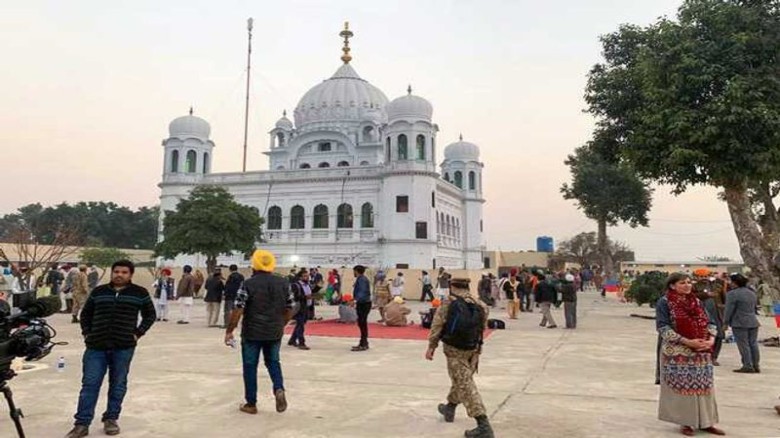
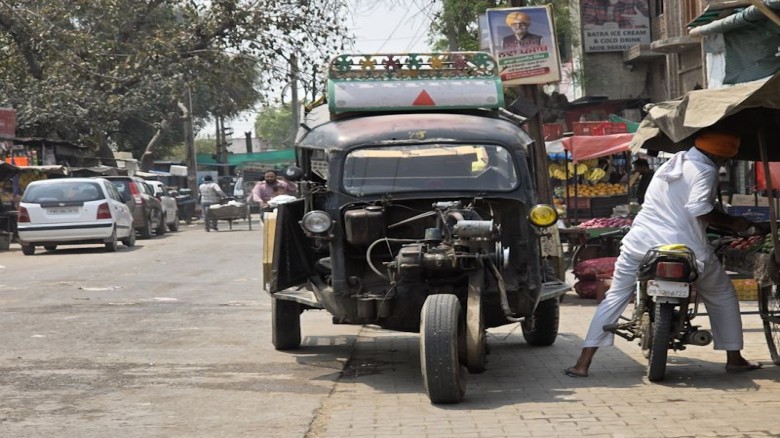

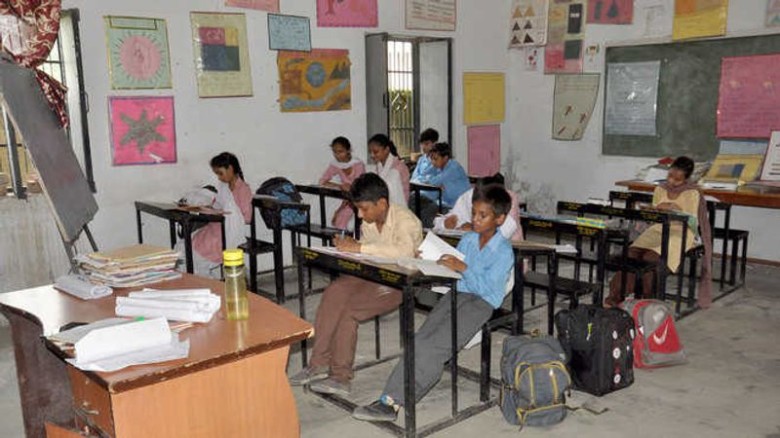



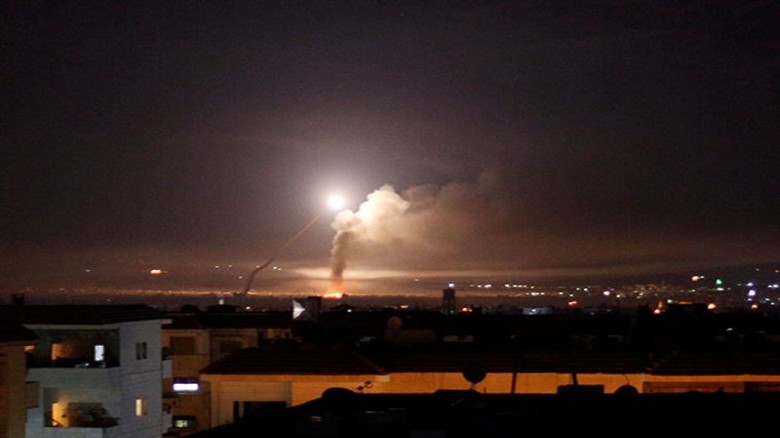






























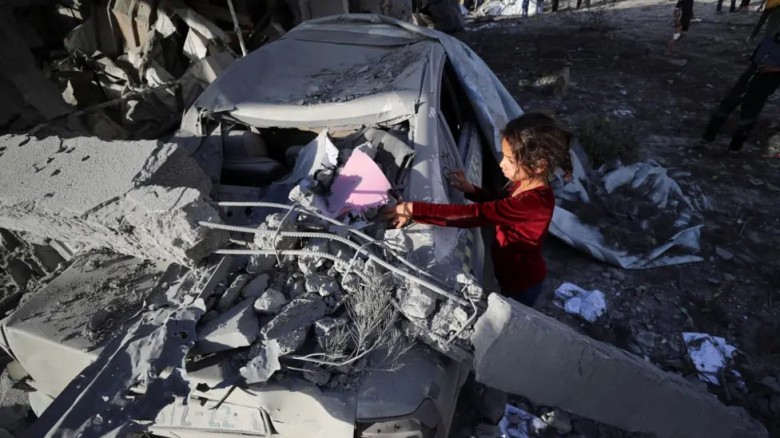
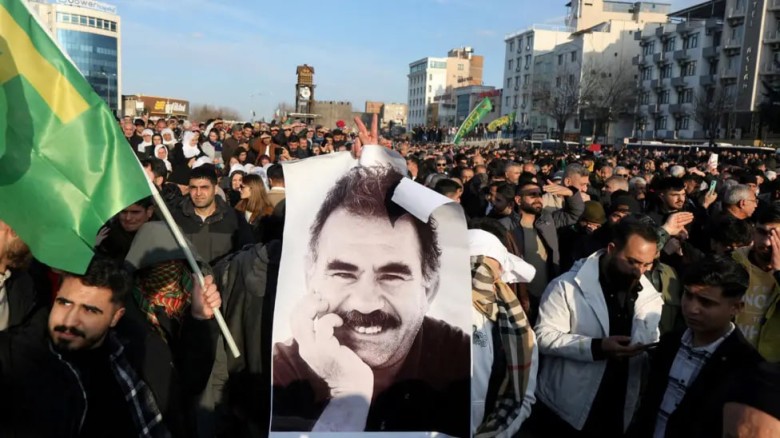
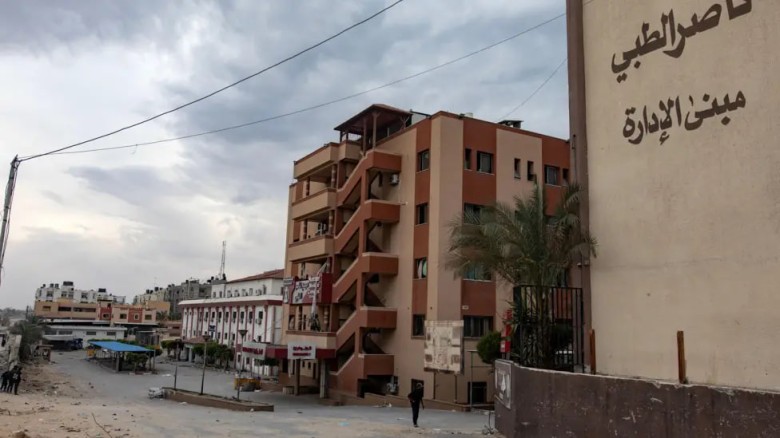







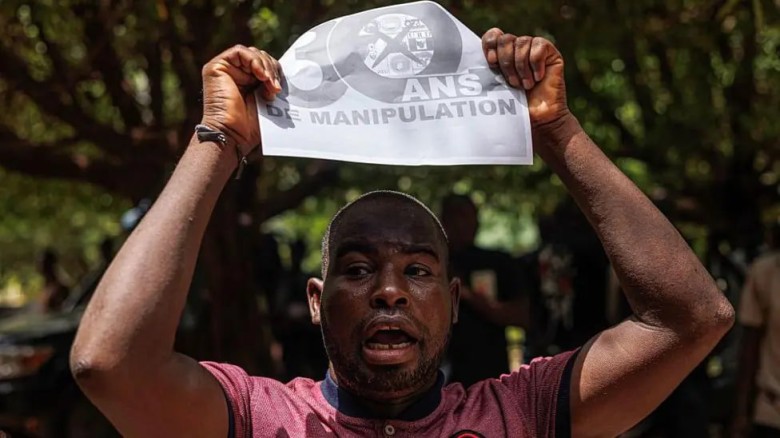




















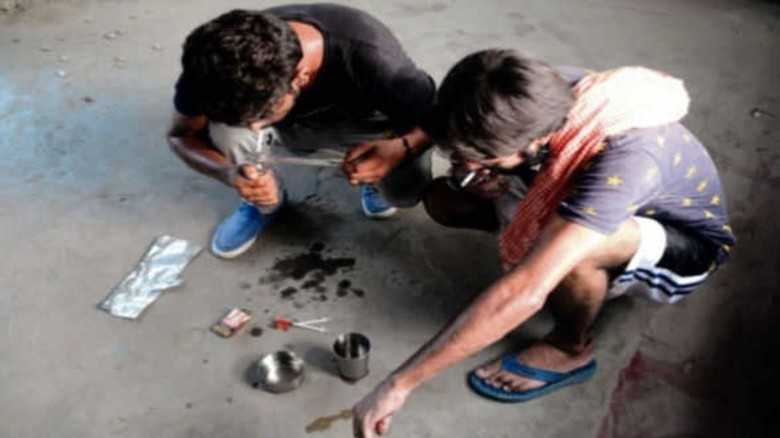


Leave A Comment